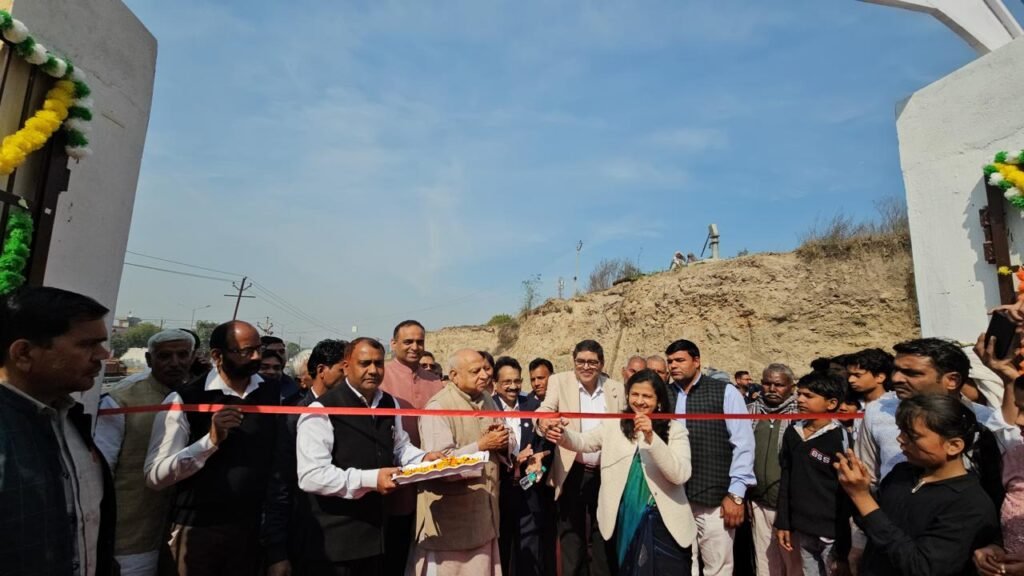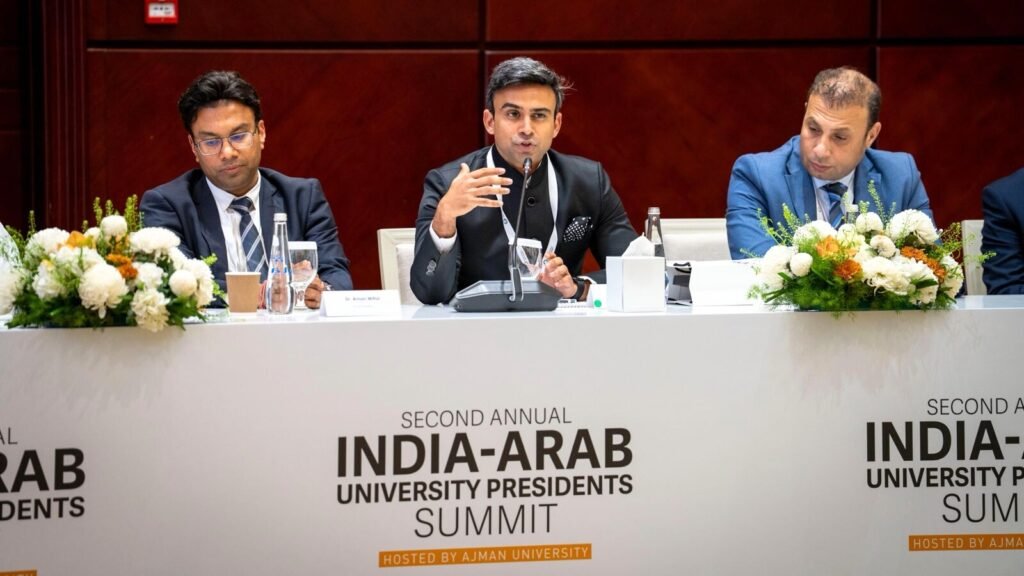- S. Srinivasa Rao and Binay Kumar Pathak (Both teach at Indira Mahindra School of Education (IMSE), Mahindra University, Hyderabad
Education as a discipline is not merely an arena of classroom practice, rather it indeed is a complex field that requires a multi-disciplinary understanding. The fact that the child is a member of a particular society who brings her/his social and cultural experiences into the school, makes the process of schooling multi-disciplinary in essence. This is also the reason why the teacher is expected to be trained not just in the professional skills of imparting instruction, but also is made to understand the complex realities of relationship between school, society and culture.
Education as a discipline draws its subject matter largely from social sciences and humanities, more particularly, from disciplines such as Psychology, Philosophy, Sociology, History, Economics and Political Science. The national policies of education – of the past and the present have emphasised rightly on this essential element of teacher education.
However, over the years post Independence, the Departments of Education in the Universities or in the stand alone institutions largely remained centres of a typical professional teacher training. Students are taught the social science disciplines like Philosophy, Sociology and History of Education, by faculty/experts who happen to be mere trespassers without primay expertise in these very discipines. A faculty member who is not trained in the discipline may not inspire students to think critically about the children, classroom situation or the very learning process.
Moreover, such an approach limits Education as a discipline confined to school classrooms, whereas other significant areas like higher, professional and vocational education do not get their due atention. With a confined focus on teacher training, Education as a discipline appears struggling to guide the students and society at large to keep pace with the changes in every aspect of life.
It is in this context, the Justice Varma Commission on Teacher Education, set up by the Supreme Court in 2011, rightly suggested in its Report submitted in 2012, to reform the teacher education curriculum and pedagogy by incorporating a multi-disciplinary approach. The Commission did stress on the need to develop broad based norms for qualification of teacher educators to enable induction of persons with training in diverse social science disciplines to broaden the horizons of teacher education.
Reinforing this spirit to transform the teacher education programmes as multi-disciplinary, the NEP 2020 observes that ‘as teacher education requires multi-disciplinary inputs, and education in high-quality content as well as pedagogy, all teacher education programmes must be conducted within composite multi-disciplinary institutions’ (Clause 15.4). Not only that, it expects all teacher education institutions to ‘convert’ into multi-disciplinary institutions.
While the NEP has made some relevant provisions that modify the nature of teacher education, it has remained largely silent with regard to the nature and content of the post-graduate (PG) programmes. What is available today is a professional programme of M Ed, which neither contains liberal content nor is multi-disciplinary. It exhibits strong reluctance to acknowledge the post 2000 development of imparting Education as a liberal social science discipline at the PG level (MA in Education), which contains all elements of professional knowledge , liberal theoretical content and also sees education as a component of social development. There is, thus, an urgent need to recognise MA Education and M Ed as complimentary rather than as polar opposites. National Council for Teacher Education (NCTE) and the Government shall allow the growth of liberal programmes of MA in Education at par with Master’s in education (M Ed). This will surely help in shaping the discourses, broadening the content of knowledge and refining quality of research in the field of education to lead Indian education scholarship to be globally relevant.



